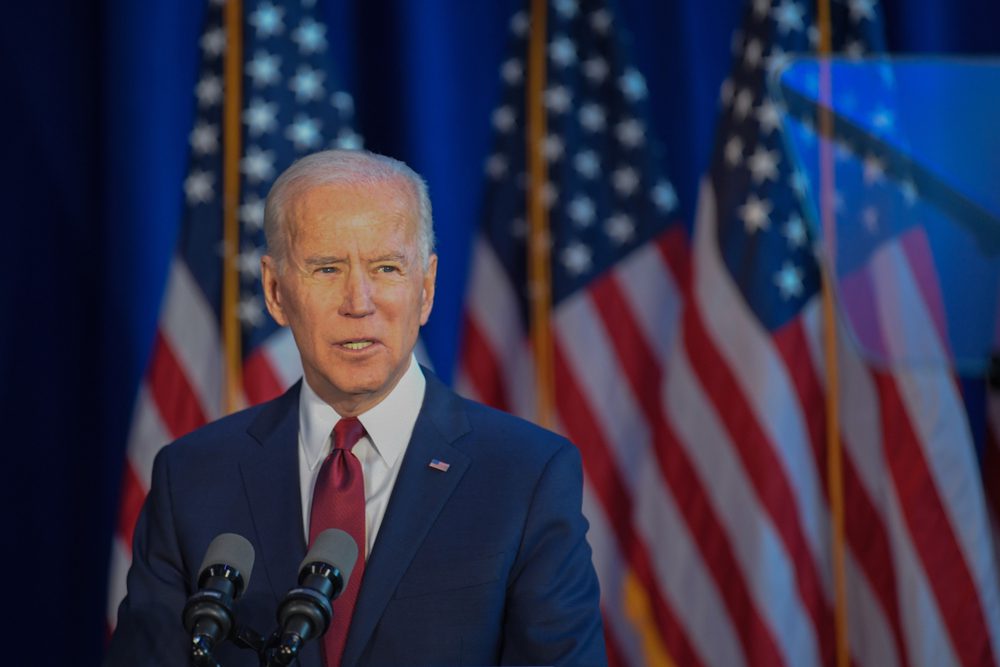Leave Afghanistan or Iraq? Yes, Please

Time now to check in on our old pal and esteemed private eye Max Boot. Boot has a column up at the Washington Post in which he asks an atypically sensible question: “Why leave Afghanistan but not Iraq?” I’m curious about that too, though whereas I think we should leave both Afghanistan and Iraq, Boot’s point is that we should abscond from neither.
I don’t have to agree with Boot’s conclusion to spot the same inconsistency he does. After two long decades, we are finally getting out of Afghanistan. The troops are coming home and the country is being turned over to the Afghanis, even if those Afghanis ultimately end up being the Taliban. Whereas in Iraq, despite much fanfare from the Biden administration about our combat mission ending, the 2,500 American boots on the ground are merely being “reclassified on paper into advisory and training roles,” as the New York Times puts it.
This should sound familiar. The “not combat troops, just advisors” sleight of hand is what the United States always pulls when it wants to sound like it isn’t occupying a country even though it is. Still, the characterization is essentially correct in this case. American forces will remain in Iraq, provide support, share intelligence—they just won’t be actively leading the fight against foes like the Islamic State.
But why? Why abandon the far flimsier government in Afghanistan while continuing to interfere in Mesopotamia?
One reason is surely that Joe Biden remembers what happened the last time we left Iraq in 2011. Within three years, the Islamic State had ascended, blazed through Sunni-dominated western Iraq, and decapitated an American journalist on video. In actuality, this was an illustration of the failures of nation-building rather than a mandate for more. The Iraqi armed forces, which the United States had spent years and billions of dollars training, barely put up a fight, while ISIS itself was staffed by former Baathists that the Bush administration had unwisely driven out of Baghdad in 2003. Yet Obama sent troops back in anyway. And it was Biden who was in charge of the Iraq portfolio at that time.
The rationale that Biden offers up today is that America must stay in Iraq to help guard against the Islamic State, which is attempting to regroup and which recently claimed credit for the worst bombing in Baghdad in six months. Additionally, there’s the ever-present bogey of Iran, which exercises sway over Iraqi Shiite militias and which Washington remains obsessed with trying to counter. U.S. troops aren’t technically needed in active combat against either. Iraqis are taking the lead in rooting out ISIS militants and there is growing annoyance across the country over Iran’s interference. But Baghdad still wants America’s help. Its air defense, for example, is relatively weak, a serious blind spot given the proliferation of drones across the Middle East.
But therein lies the problem: There will always be another threat to assist against in Iraq. If it isn’t ISIS, it will be something else. The problems in that unhappy land are, to borrow a word, systemic. The people are divided along tribal and sectarian fault lines; the civil service is a kleptocracy hell-bent on strip-mining the country; the reconstruction contract system is a mess. Poverty is grinding; the young grow up without jobs or hope, making them all the more susceptible to jihadist poison. The Shiite militias of 2004 blend into the Popular Mobilization Forces of today; Al Qaeda gives way to ISIS.
No one in Washington wants to say out loud that the United States has failed in Iraq. Baghdad does have an elected parliament, after all, even if it’s perceived to be corrupt by more of its citizens than any other government on earth. Yet certainly even hawks would be hard-pressed to deny that America’s mission in Iraq has become Sisyphean. It was 18 years ago that Donald Rumsfeld ominously responded to reports of looting in Baghdad by declaring that “freedom’s untidy”; today that “untidiness” continues, even if it looks different than it once did. Is four more years of American involvement really going to change that? Is 20?
There’s another reason we insist on staying in Iraq and not Afghanistan: empire. Afghanistan is set away from major population centers, but Iraq is close to the heart of the region. From there, the United States can keep up the pressure on Tehran. It can also continue tinkering in Syria, where it’s been providing support to rebel fighters as well as—but of course!—seeking to counter Russian influence. The old neocon dream of a free Iraq as a base for spreading democracy throughout the Middle East might have been a bust. But we are still leveraging our presence there to project power.
Is there any hope amid all this cynicism? Can anyone make Iraq great again? That country’s best shot may lie in one of our former foes. Moqtada al-Sadr, back in the early 2000s, was in charge of the Mahdi Army, a Shiite militia that fought and killed American troops. Since then, he’s refashioned himself as a kind of populist, siding (at least initially) with widespread demonstrations that began in 2019. The Sadrists, as they’re called, can seem like they’re protesting everything: America’s occupation, Iranian influence, their own government’s patronage system. Away with it all, they say, so that Iraqis might have a fair chance in their own country.
If that sounds familiar, then it should. What Iraq needs right now isn’t another Paul Bremer or David Petraeus. What it just might need is a fed-up, homegrown, soapbox-stomping reformer like Sadr. Already his supporters have been making inroads into the civil service and are expected to win big during the elections in October. Whether they can put Iraq back together is an open question and perhaps a half-court shot. Whether we can, after 18 years of ill-fated war, shouldn’t be.
Comments